
VMN Basic
Training Courses
Overarching Goals of VMN Basic Training
The Virginia Master Naturalist program is a corps of well-trained volunteers providing education and outreach, citizen science, and stewardship to benefit natural resources and natural areas across Virginia. The basic training course is the entryway into the program for everyone, regardless of their background in natural resources or prior experience. Because it functions as this entryway, the basic training course functions as more than just a platform for delivering natural resource information.
Every VMN basic training course should aim to achieve all three of these overarching goals:
- Provide trainees with knowledge and skills related to natural resources and conservation education that is applicable to VMN volunteer projects and service and prepare them for continued lifelong learning on these topics.
- Instill an affinity for the VMN program and the chapter in the trainees so that they feel connected to the group and build social connections that facilitate their continued long-term engagement as VMN volunteers.
- Connect trainees to nature places (parks, natural areas, demonstration sites), people (other VMNs, expert instructors, agency personnel), organizations (partners), and service projects in their local community.

Basic Training Course Structure
Each VMN chapter designs its own basic training course, following state program guidelines and requirements. Some things that the courses will have in common include:
- A minimum of 40 hours of instruction
- A combination of instruction in the classroom and instruction outdoors at nearby field sites, with a minimum of 10 hours of outdoor field study
- A combination of instructional methods, including lecture, group discussion, hands-on activities, and pre- or post-class assignments such as readings, videos, and journaling
- Information from unbiased, research-based sources
- Assessments of trainee learning, such as quizzes, take-home tests, practical demonstrations of skills, class presentations, or journal prompts. These assessments are meant to help the trainee organize the large amount of course content and to remind them of the most important points, not to set them up to fail.
By the end of the training course in any chapter, a Virginia Master Naturalist volunteer will know:
- All aspects of their role as a Virginia Master Naturalist, the mission and objectives of the program, and the guidelines for participation
- What a naturalist is and does and the significance of naturalists and natural history
- The biogeography of Virginia, including the physiographic regions and the geological and ecological aspects that make them distinct
- Basic concepts of ecology
- Basic concepts of geology
- Basic resource management principles
- Some native flora and fauna in the region
- The general process of science
- The roles of Virginia state agencies in the management and conservation of natural resources
In addition, a Virginia Master Naturalist will be able to:
- Use a key to identify organisms
- Use a field guide
- Share knowledge with others (verbally and/or in writing)
- Make and record observations in nature
- Recognize when he or she does not know the answer to a question, but be able to seek out answers from people, books, or other reliable resources
Every Virginia Master Naturalist training will include:
- Being a VMN Volunteer (Introduction to the VMN program)
- American Naturalists
- Basic Ecology
- Virginia Biogeography
- Geology
- Nature of Naming
- Education and Interpretation Skills
- Citizen Science and Research Skills
- Ecology and Management of the systems occurring in the region (for example, forests, aquatic systems, coastal and estuarine systems, urban systems)
- Overview of vertebrates, invertebrates, trees and other plants (biology, ecology, identification, conservation and management)
Each chapter’s course will be different in order to focus on the unique people, places, and projects in that community. Some chapter’s courses may hold the classroom portion virtually (via Zoom) while others may meet in-person at a local meeting space.
Basic Training Course Resources
Below are links to resources that have been developed for the Virginia Master Naturalist basic training course at the state level. For some topics, we have full curriculum materials that may be used flexibly by chapters and instructors as part of the basic training course. For other topics, we have just a reading. And, for some topics, resources are still in development; the list below is not a comprehensive list of course topics.
Full Curricula
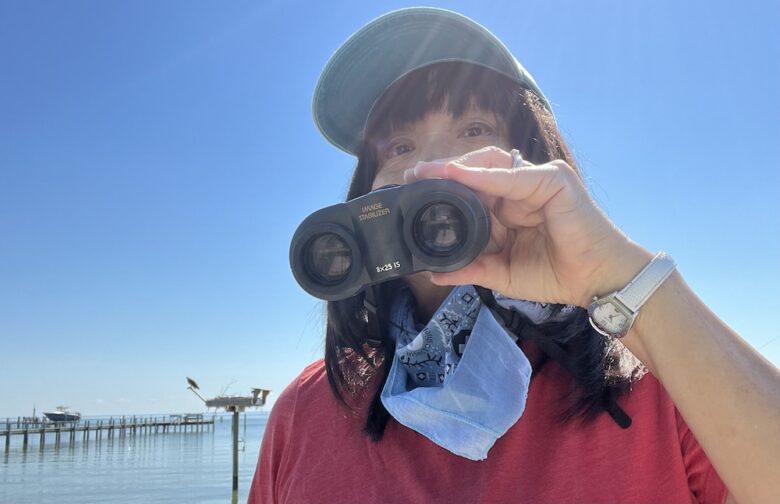
Being a VMN Volunteer
These curriculum resources may be used for VMN basic training courses to cover learning objectives related to Being a VMN Volunteer.
Aquatic Systems
These curriculum resources may be used for VMN basic training courses to cover learning objectives related to Aquatic Ecology and Management.
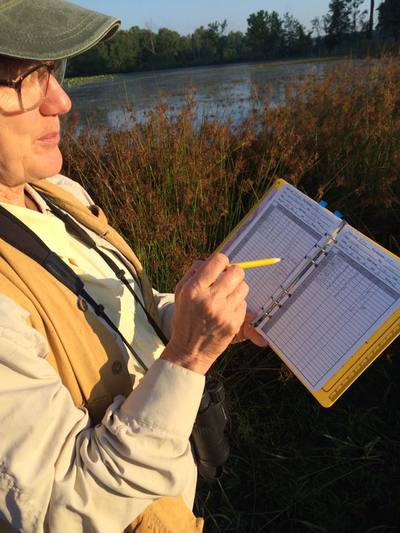
Citizen Science and Research Skills
These curriculum resources may be used for VMN basic training courses to cover learning objectives related to Citizen Science and Research Skills.
Virginia Biogeography and Natural Communities
These curriculum resources may be used for VMN basic training courses to cover learning objectives related to Virginia Biogeography and Natural Communities.
Coastal and Estuarine Ecology and Management
These curriculum resources may be used for VMN basic training courses to cover learning objectives related to Coastal and Estuarine Ecology and Management.
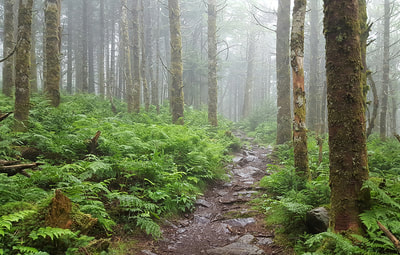
Forest Ecology and Management
These curriculum resources may be used for VMN basic training courses to cover learning objectives related to Forest Ecology and Management.
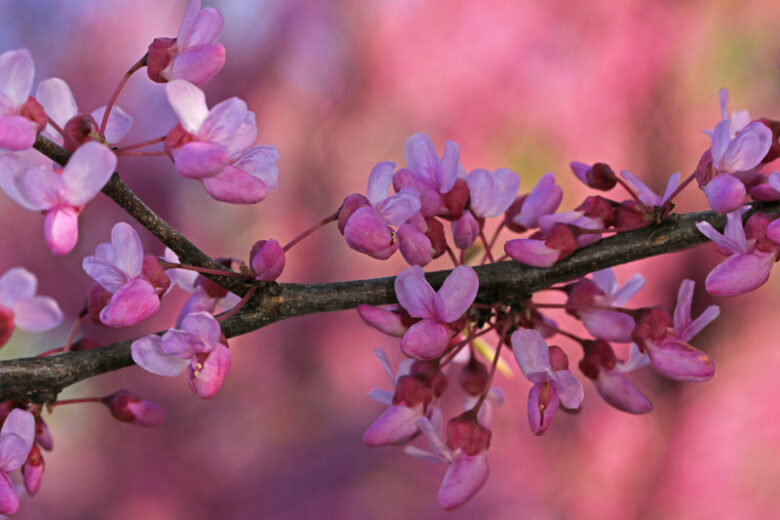
Plants/Botany
These curriculum resources may be used for VMN basic training courses to cover learning objectives related to Plants (Botany).
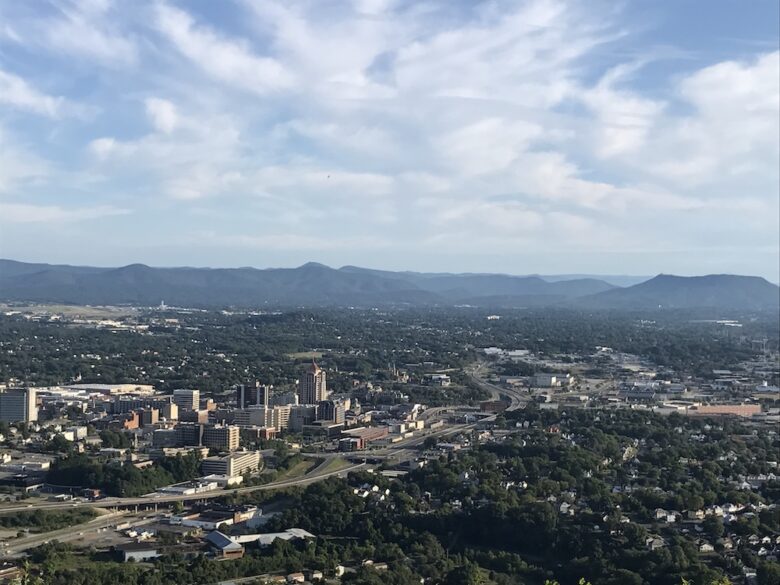
Urban and Developed Systems Ecology and Management
These curriculum resources may be used for VMN basic training courses to cover learning objectives related to Urban and Developed Systems.
Readings
Connect with Us
For general inquiries about the Virginia Master Naturalist program, please contact:
masternaturalist@vt.edu540-231-0790